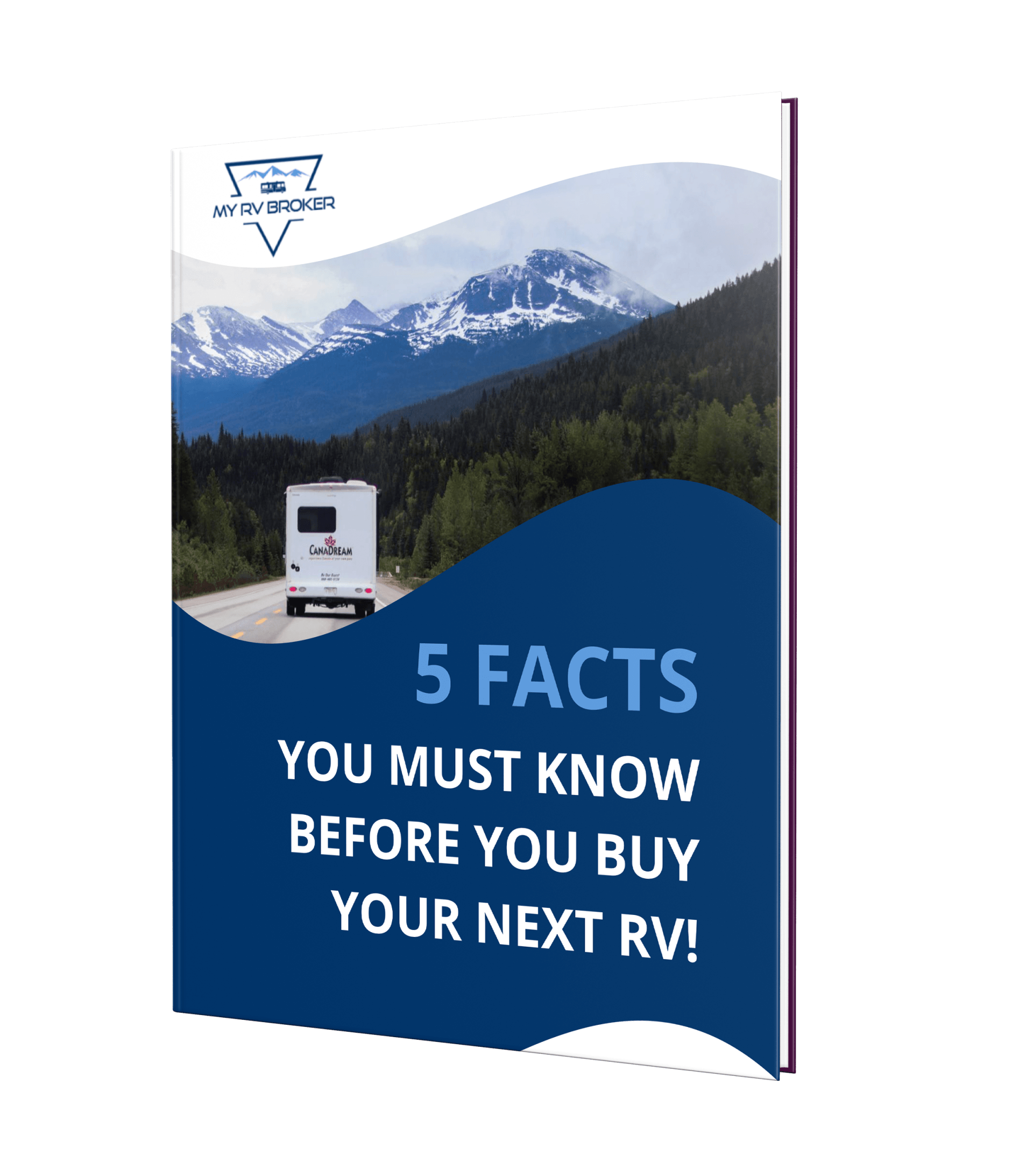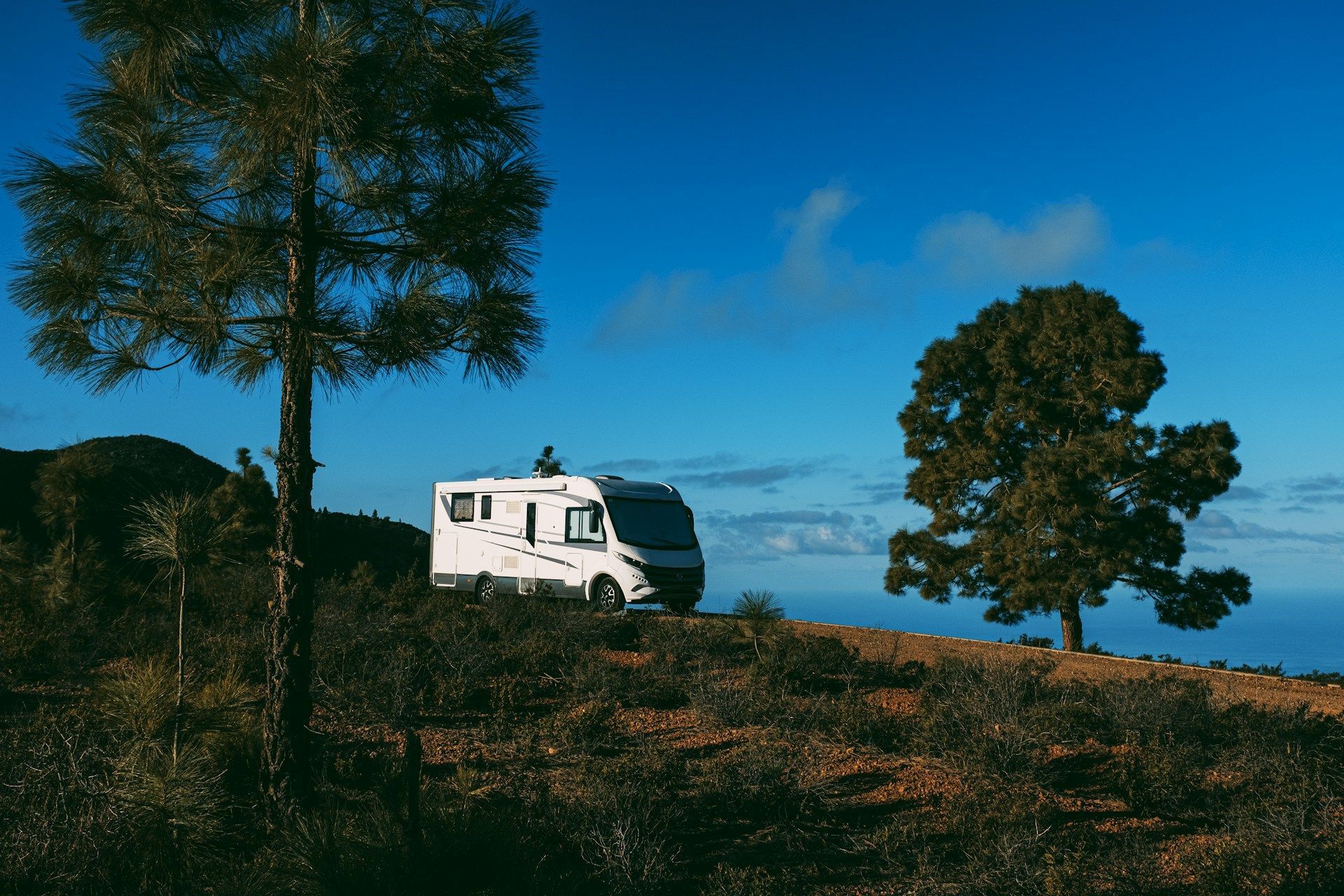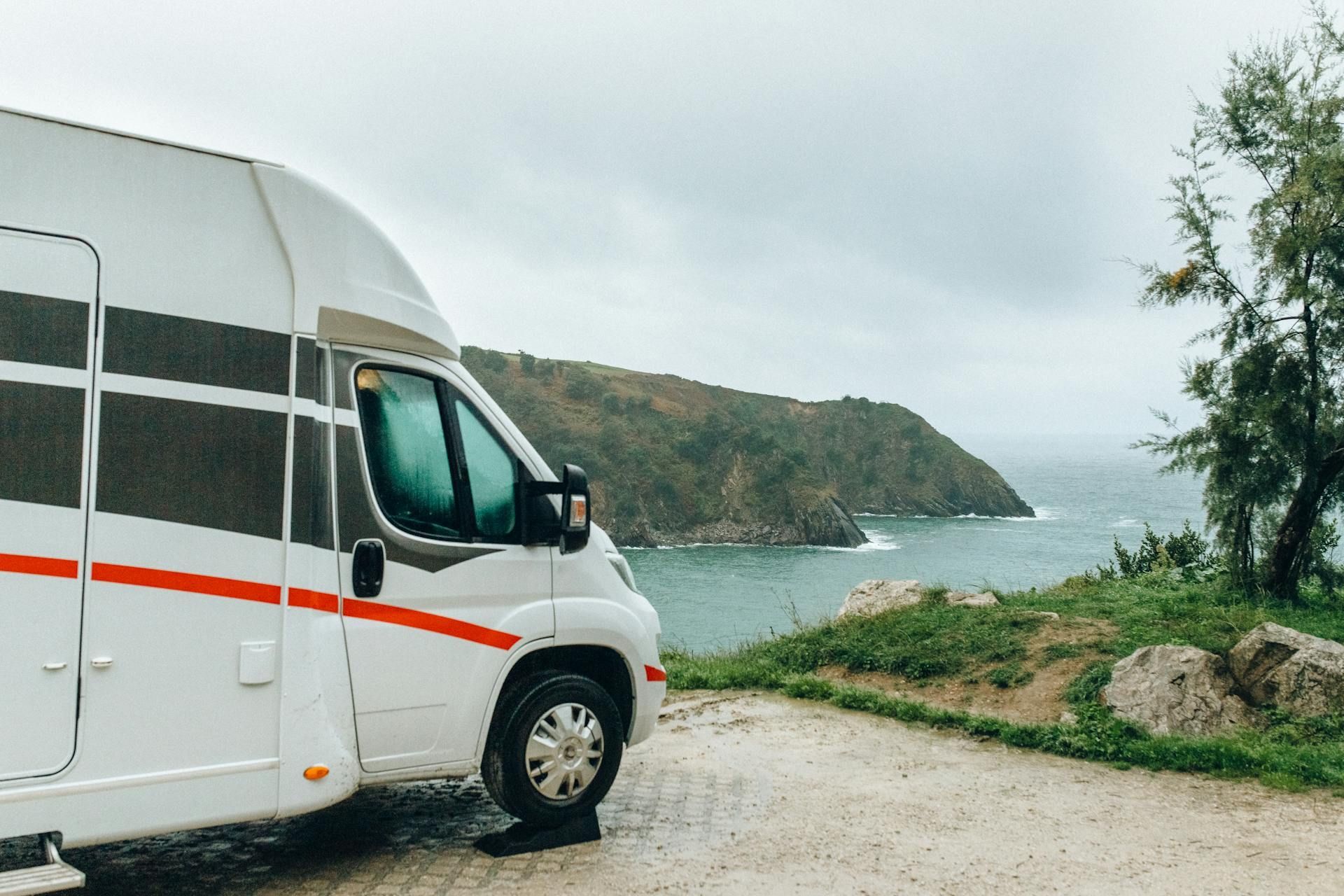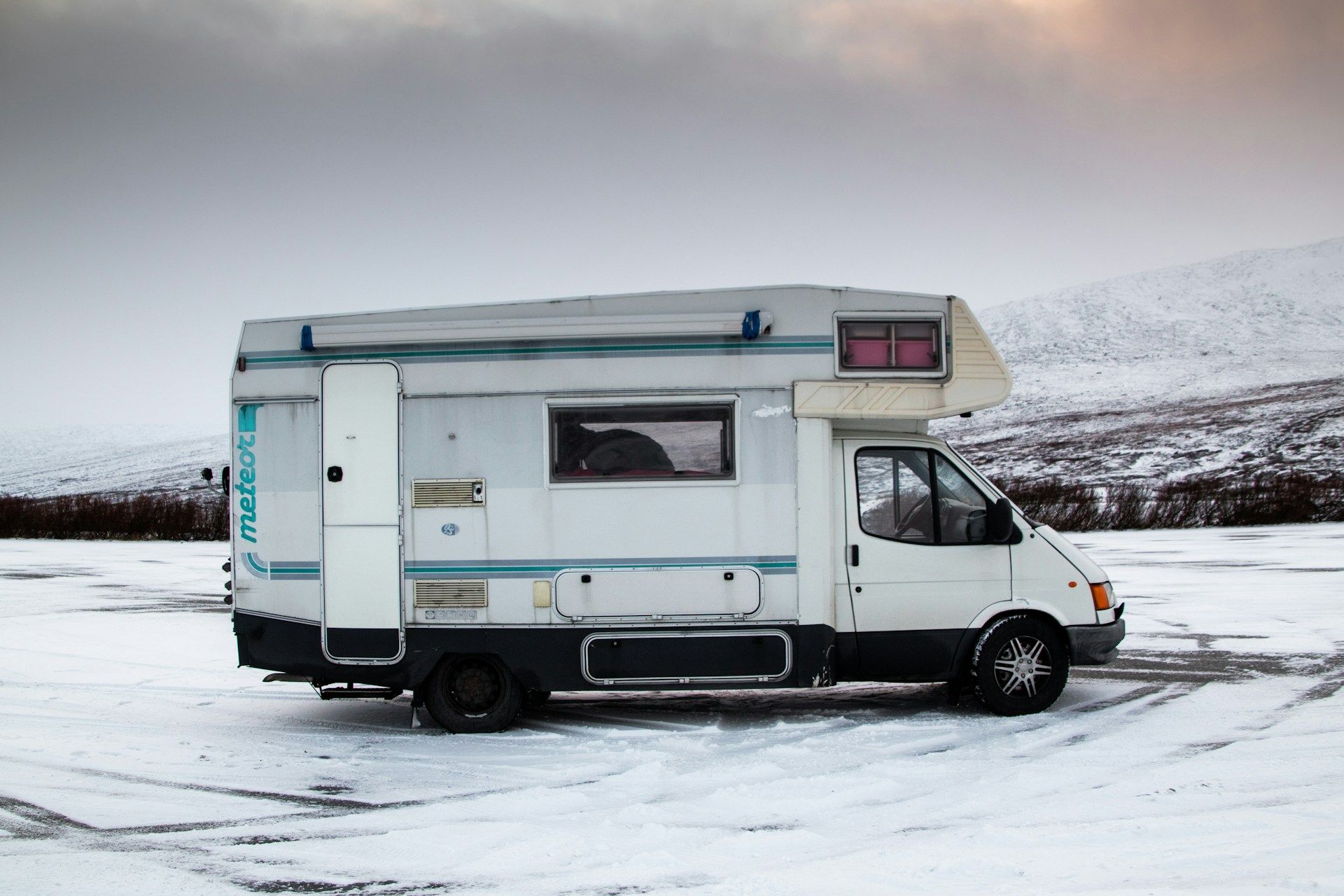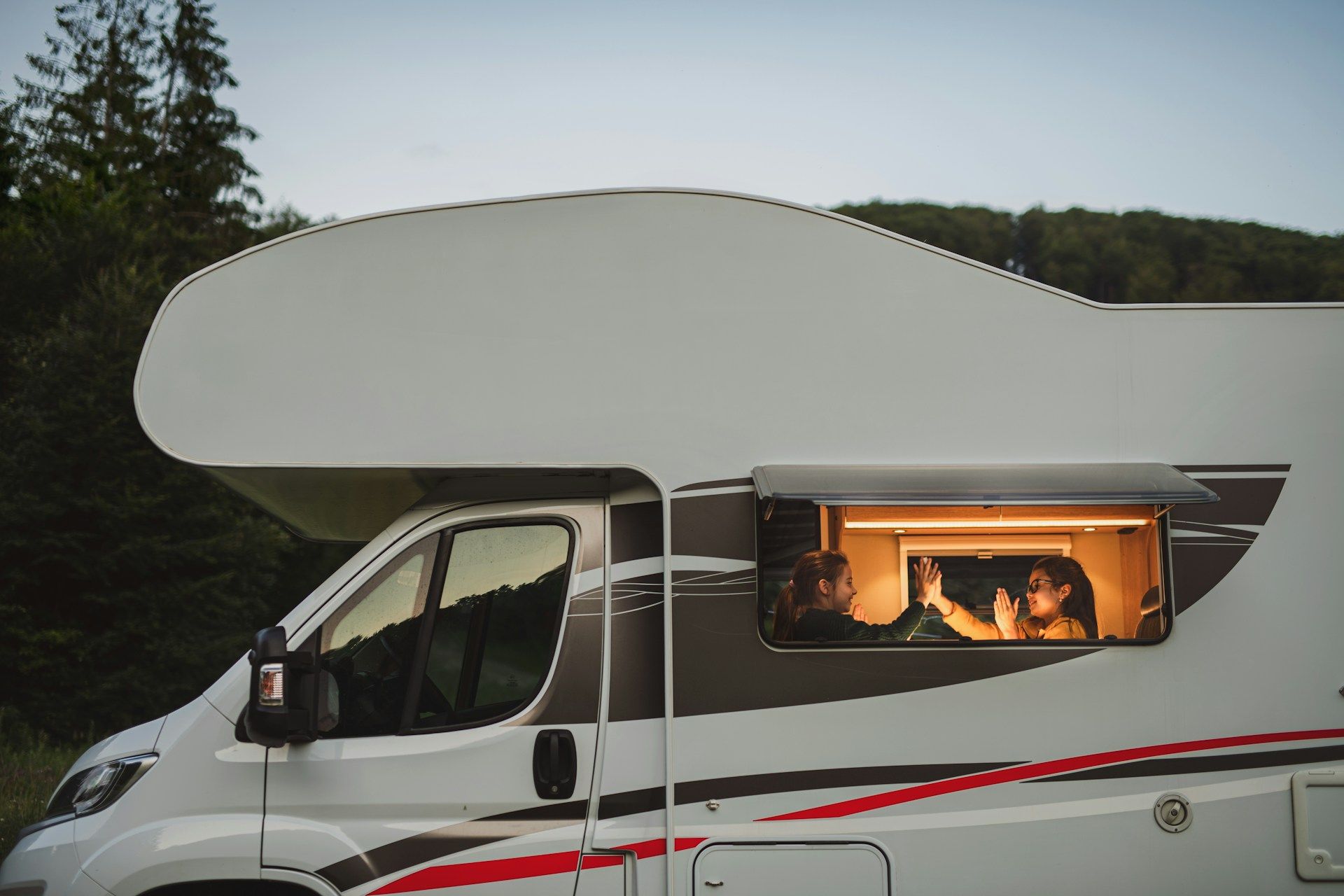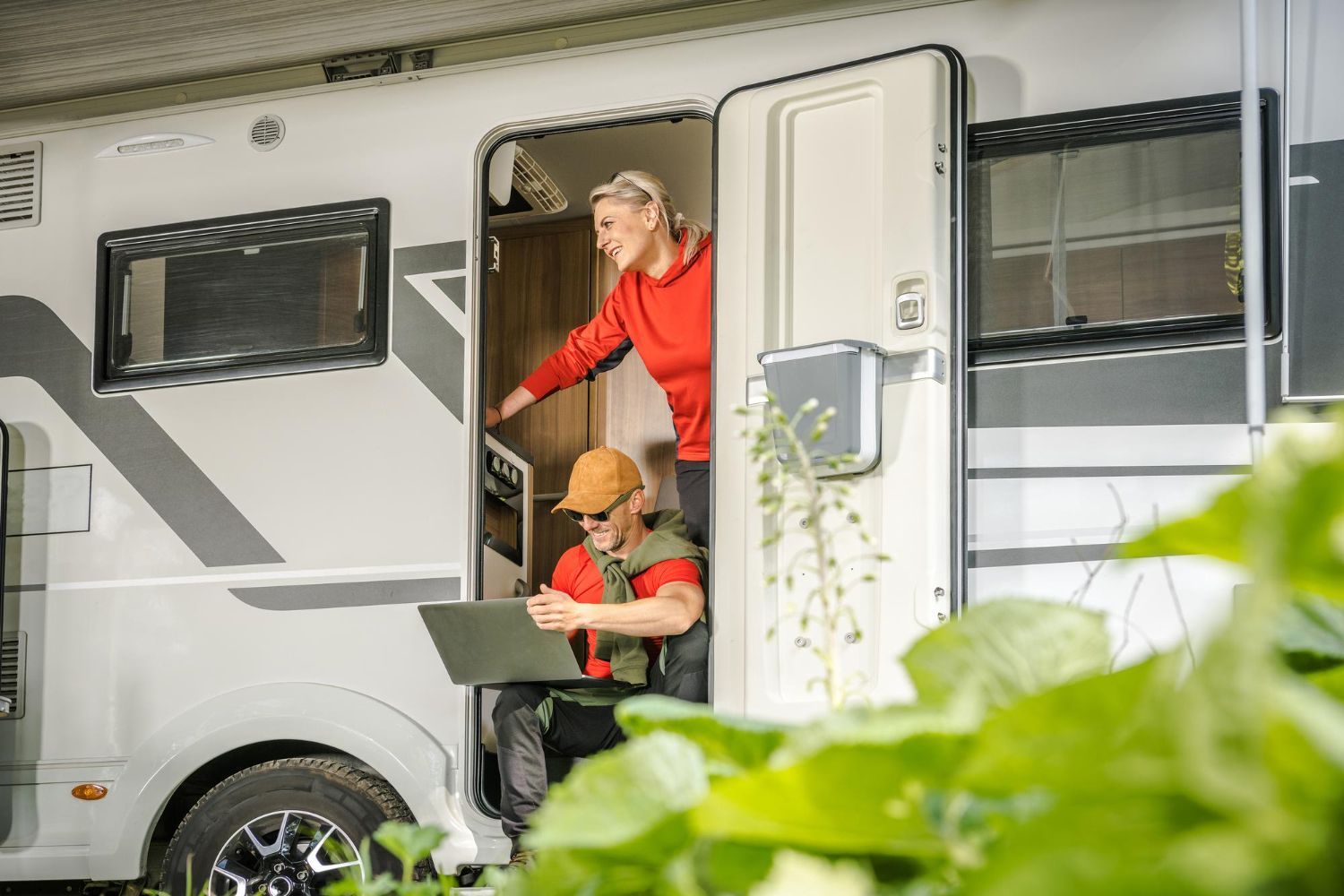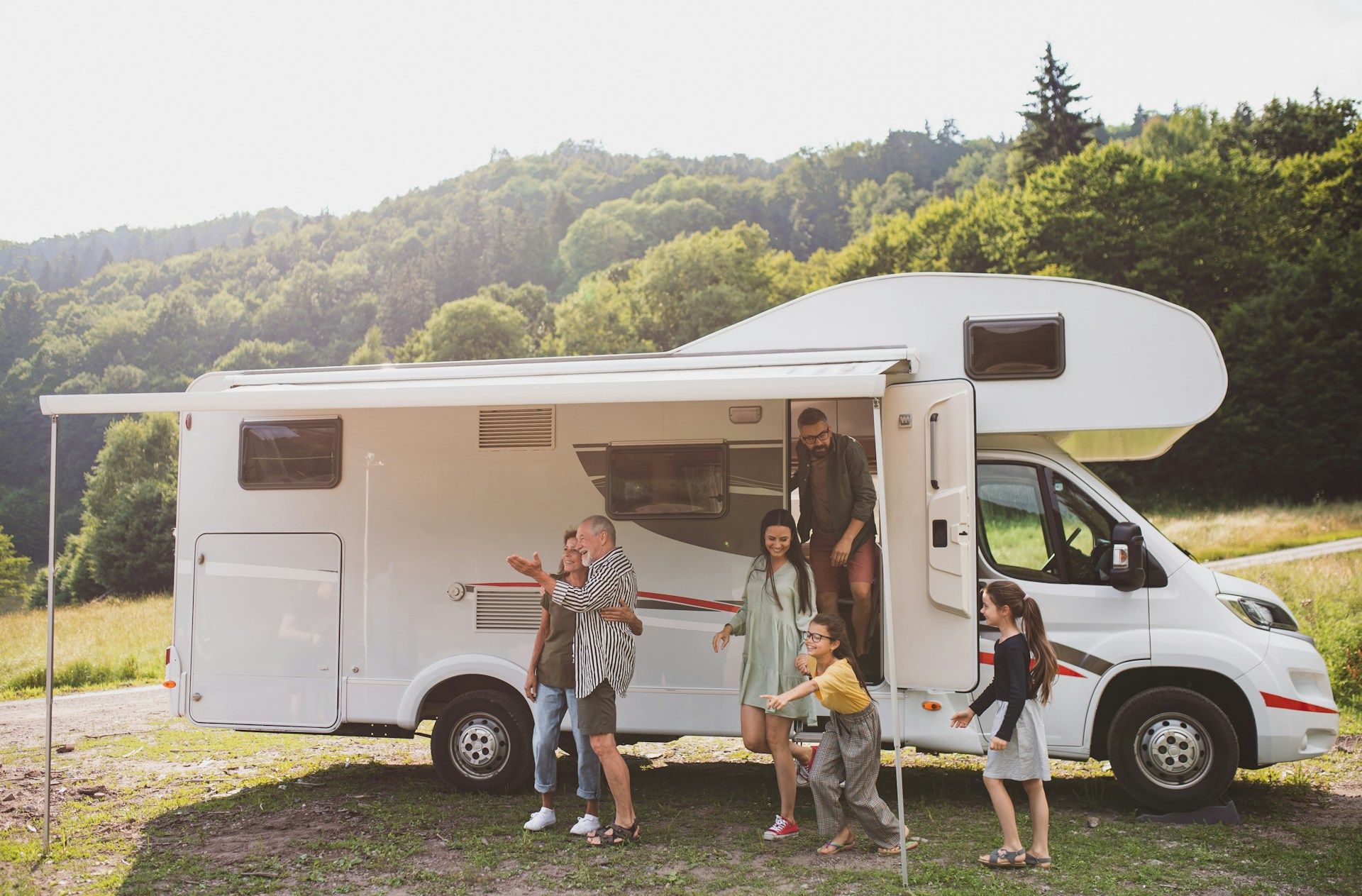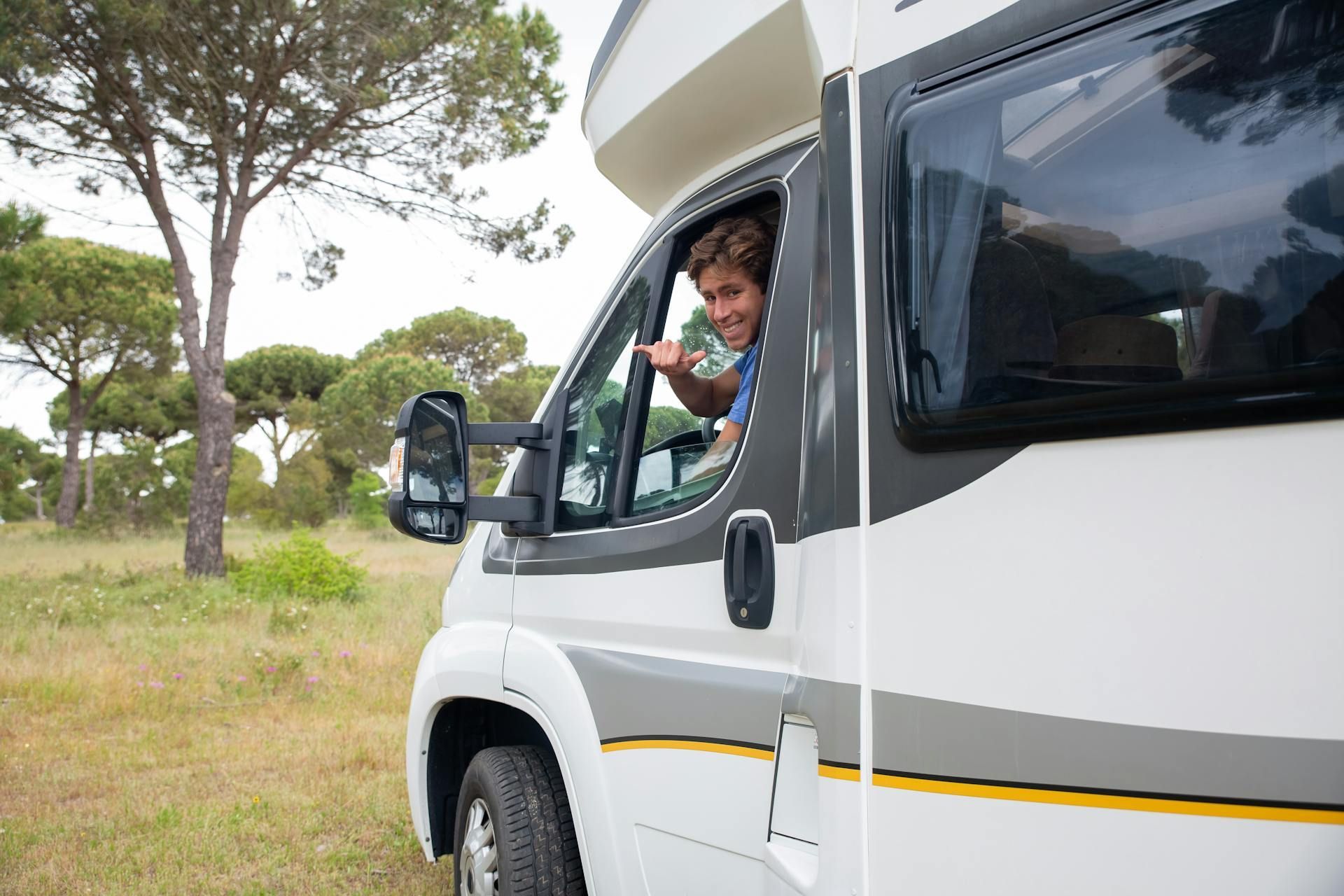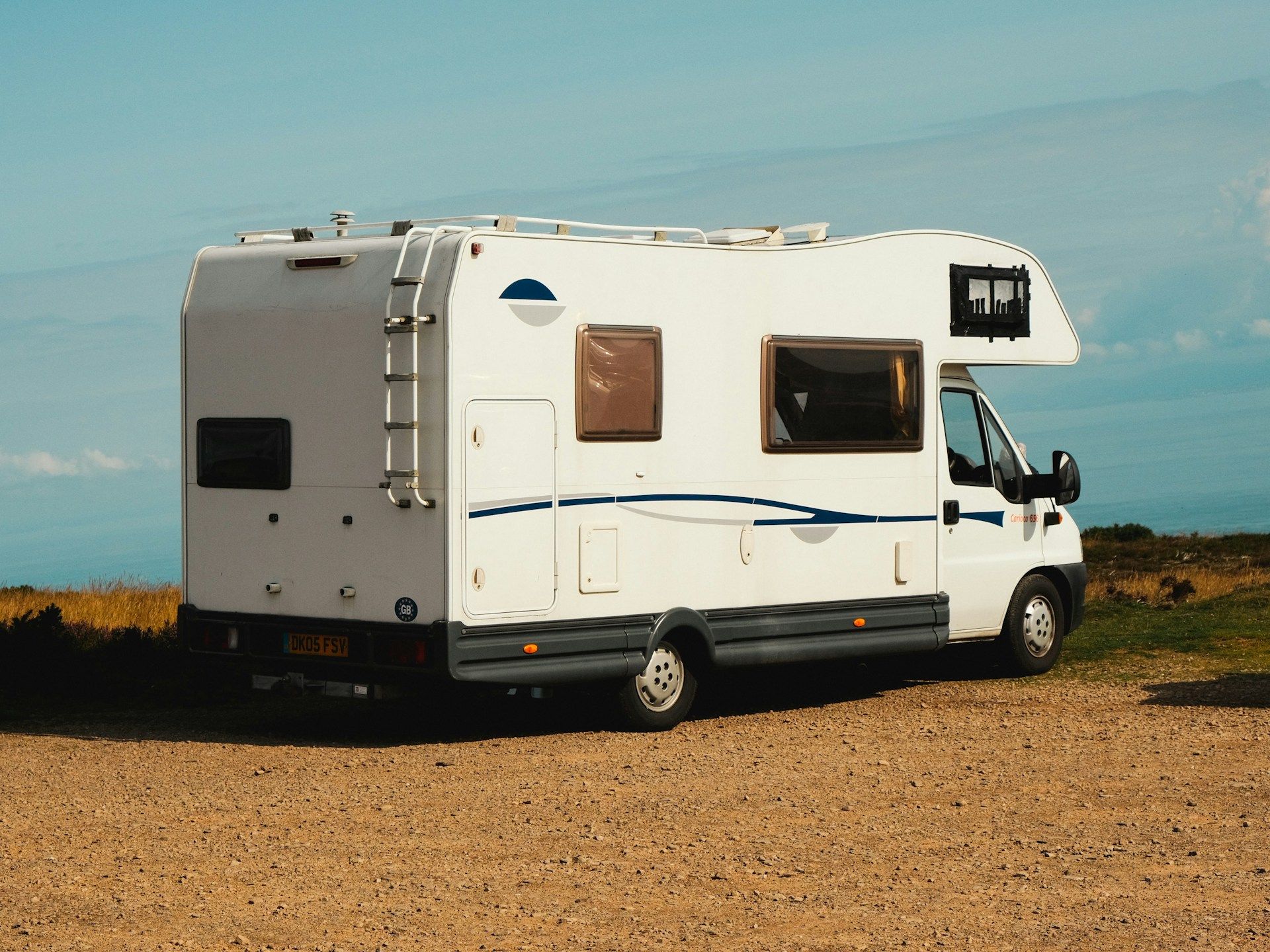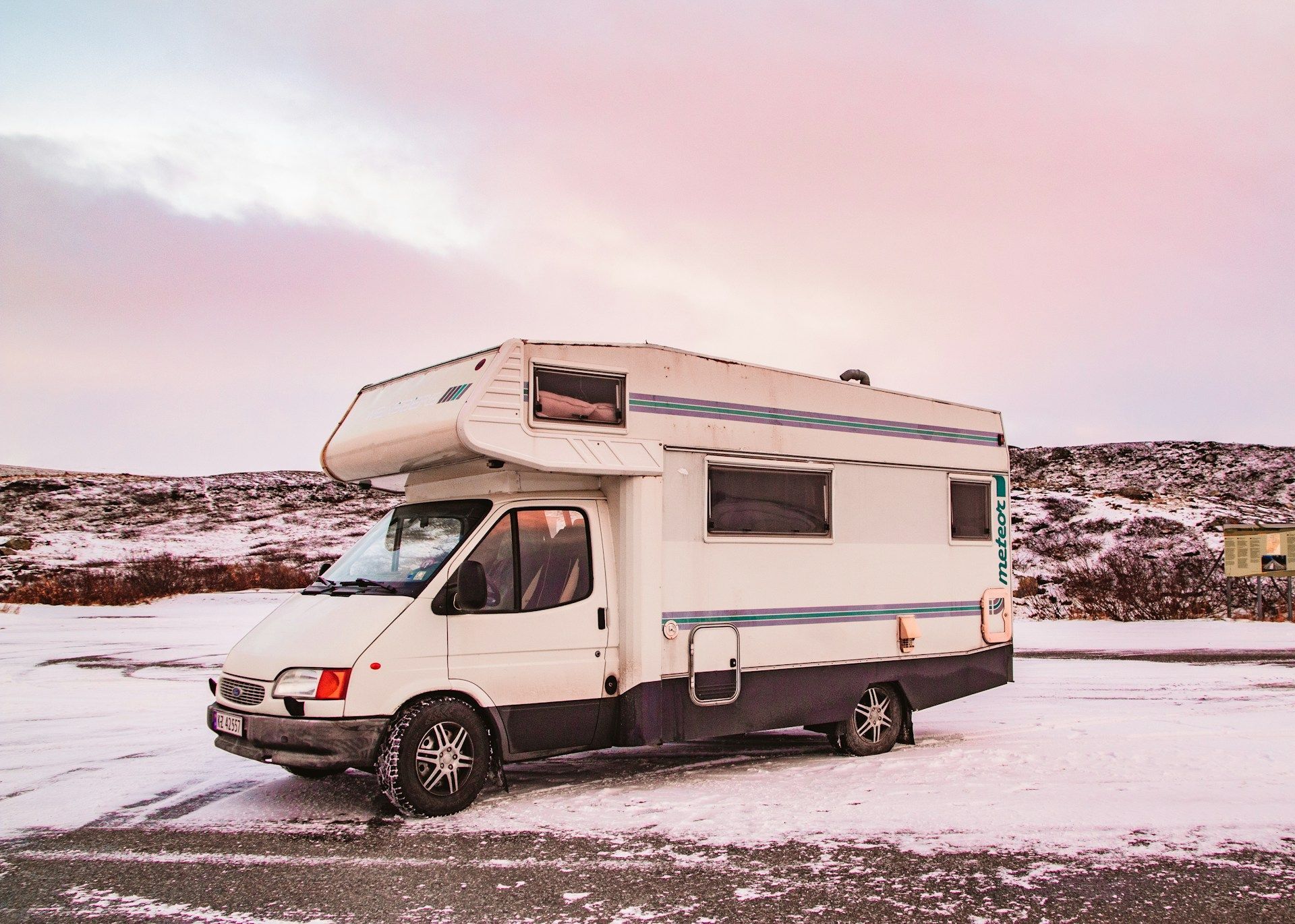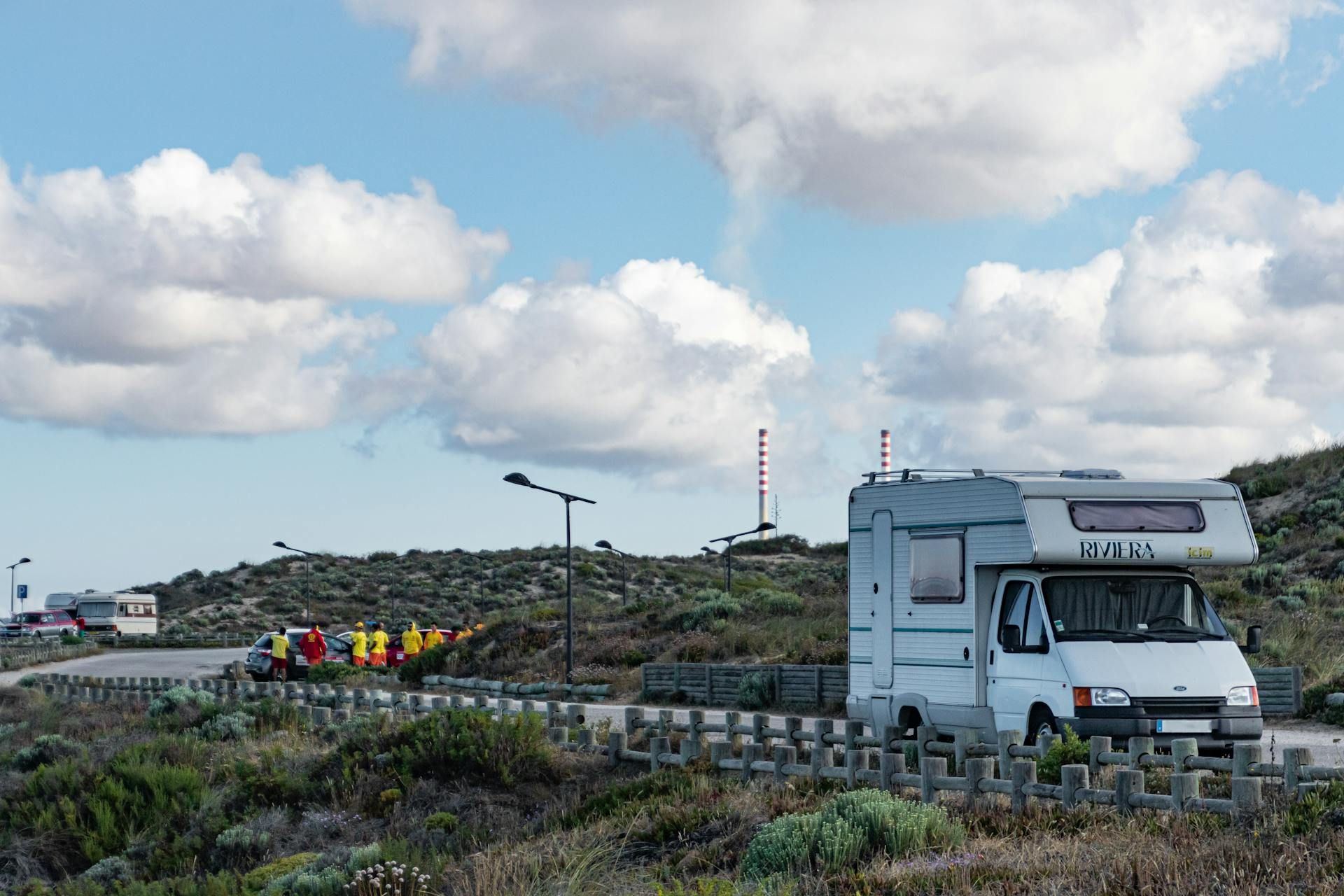How do I find RV parks and campgrounds?
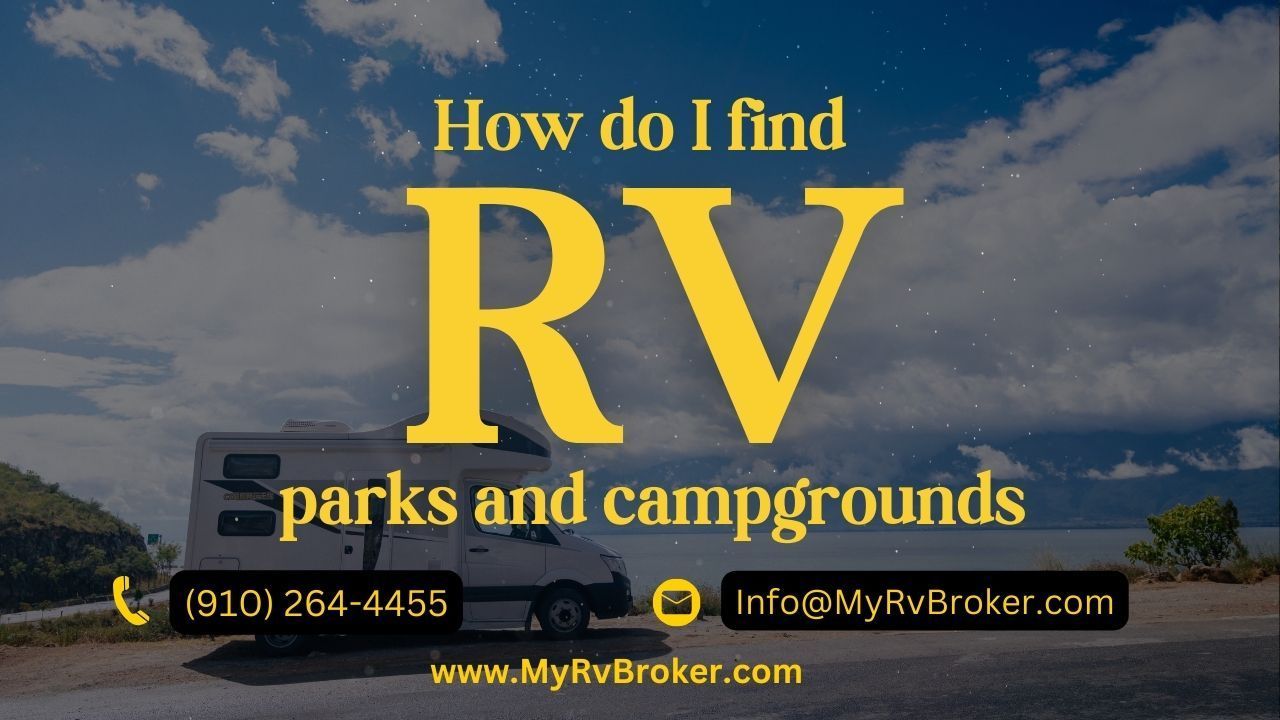
Renting or owning a recreational vehicle (RV) is becoming an increasingly popular way to travel and vacation. The RV lifestyle allows you the freedom, flexibility and comfort to explore the country at your own pace. However, one of the key aspects of planning a successful RV trip is figuring out where you will stay along the way. Choosing the right RV parks and campgrounds can literally make or break your travel experience.
Know Your RV Camping Options
Types of RV parks
There are a few main types of RV camping locations to consider as you plan your route:
- RV Parks - Privately owned parks specifically for RVs, with amenities like full hookups for electricity/water/sewer, WiFi, pools, community areas, etc. More expensive but comfortable.
- Campgrounds - Can be privately or publicly run. Offer more basic amenities - may have partial hookups only. Less expensive but has fewer facilities.
- State/National Park Campgrounds - Almost always public campgrounds with very basic amenities, operated by state/federal government. Beautiful nature settings but limited infrastructure.
- Boondocking/Dispersed Camping - Free "camping rough" with no hookups or facilities on public land managed by the Bureau of Land Management. Very cheap but very rugged.
Understanding the differences between private commercial parks vs public campground options can significantly impact your travel plans and budget. In general, if you seek more comforts of home, explore private RV parks. If you don't mind "roughing it" a bit more, public campgrounds offer affordable options. Many RVers mix and match along their route.
Finding Potential RV Parks & Campgrounds
So where do you start searching for suitable RV parks and campspots? There are a few helpful resources:
- RV Specific Directories - Large RVing sites like Campendium, RV Park Reviews, AllStays, etc aggregate listings, reviews, and average pricing of hundreds of RV parks across the country. Browsing these sites lets you search along your route.
- State Tourism Sites - Most state tourism boards offer listings and descriptions of public and private campgrounds across their state. These spotlight the best state/national park options.
- Campground Apps - Apps like The Dyrt, FreeRoam, and RV Parks & Campgrounds can geolocate campgrounds near you or along a mapped route. Reviews let you preview the facilities and surroundings.
- Google Maps - Even just browsing Google Maps along your intended route can identify clusters of campground icons you might consider booking. The information is limited but it's a start.
As you browse listings, take notes on pricing, hookup options, site types, recreational facilities, etc to find locations matching your needs. If unavailable dates are showing, call directly to double-check.
Booking Early is Key
With the surge in RVing popularity, campsites are filling up quicker than ever. It's important to book your RV site reservations as early as possible, especially for summer trips. Some tips:
- Weekends book out very fast at popular parks closer to cities and tourist attractions. Plan weekdays or secondary locations.
- Understand the differences between "reservable" sites needing booking ahead vs "first come first served" which are more flexible.
- State and National Park campgrounds should be booked 4-8 months out. Leave some unplanned days mid-week for more flexible public sites.
- Ask about cancellation policies in case plans change. Some parks offer refunds, credits, or date changes on cancellations made 24-48 hours prior.
Checking availability online and booking early across various types of RV parks, rather than just relying on first-come sites, ensures the widest selection of spaces and backup options.
Read Reviews Carefully
Tips on reading reviews
Reading campground reviews carefully helps preview the actual facilities, surroundings, and guest experiences beyond the basic listings. However, it's important to read reviews critically:
- Balance the overall star rating with the actual commentary. Don't rely only on scores.
- Watch for repetitive complaints about cleanliness, safety, noise levels, etc rather than one-off criticisms.
- Check if management responses are addressing or explaining negative reviews. This suggests engagement.
- Note the dates of reviews you read to check if concerns have been addressed/improved over time.
- Pay attention to reviews confirming your specific requirements like site sizes, hookups, family/pet friendliness etc.
While reviews only present snapshot experiences, reading multiple recent reviews helps identify consistent trends - both good and bad. This allows you to align expectations.
Tour in Person If Possible
Tips on visiting campgrounds
If potential RV parks or campgrounds are located close to home, consider taking the time to visit and assess them firsthand. What looks suitable online can disappoint or pleasantly surprise you on location. Some things to check when touring:
- Actual cleanliness and upkeep of sites/amenities vs photos
- Noise levels/privacy between sites
- Shading, views, spaciousness
- Friendliness and responsiveness of staff
- Odors from restrooms/dump stations
- State of recreational facilities like pools, playgrounds, etc
- Overall safety, security, and lighting
Touring campgrounds in advance allows you to clarify concerns noted in reviews or make your own assessment. This gives greater confidence in booking further afield based on online listings alone.
Have Backup Options
Despite the best-laid plans and reservations, sometimes your anticipated campsite doesn't work out when you arrive. The facilities are unsuitable, other guests are disruptive, you simply don't like the vibe, etc. Having backup options gives flexibility to make a change.
- Identify 2-3 alternative campgrounds en route to pivot to if needed
- Save phone numbers for all locations in case you need to call last minute
- Use campground apps to check last-minute availability nearby
- Consider a Plan B stopping point for the night even if just a rest area
Having contingency plans takes the stress out of arriving to find your reserved site is untenable. With backups ready, you can simply relocate and continue the journey.
Conclusion
Planning where to stay along your RV route is almost as important as mapping the travel itself when embracing the RV lifestyle. Finding the right mix of amenities, comfort, scenery, and affordability enhances the experience enormously.
Want to buy an RV or need guidance? Contact us at MyRvBroker for expert assistance with all your RV needs. Our knowledgeable team is here to help you find the perfect RV and get out on the open road.
Download The Free
Guide Below!
We've created this free guide to show you the top 5 facts that will help you when looking for your next RV.

